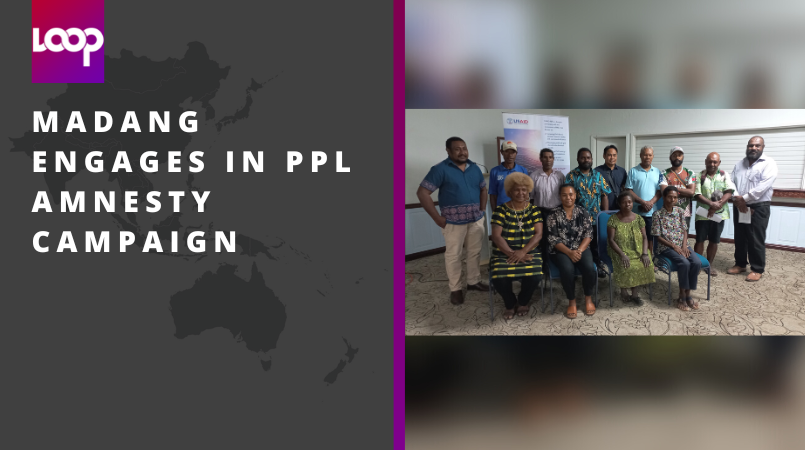
PNG Power Limited (PPL) plays a crucial role in providing electricity to urban and rural areas, supporting economic development and aims to improve the quality of life for Papua New Guineans.
The financial sustainability of PPL is a concern due to factors such as high operational costs, low revenue collection rates, and inadequate funding for infrastructure upgrades and maintenance. These financial challenges impact the company’s ability to expand its services and improve reliability.
These factors were stated during the PPL Amnesty Campaign which is being run throughout various provinces. The Amnesty Campaign comes under the US Agency International Development’s (USAID), USAID-Papua New Guinea Electrification Partnership (PEP) activity.
The PEP activity is a five-year project partnership with the government to advance the country’s journey to self-reliance by contributing to achieving the goal of connecting 70 percent of PNG’s population to electricity by 2030.
Santos Foundation, facilitating the rolling out of this campaign/awareness program hosted a one-day workshop for small-scale NGOs within Madang Province, who would like to implement this activity for PPL within Madang.
Illegal connections remain the one big challenge for PPL at the moment, according to Sioni Ruma the Programme Manager – of Electrification Partnerships for Santos Foundation.
According to a 2016 report by the Asian Development Bank, approximately 40 percent of PNG’s electricity is stolen through illegal connections.
This high theft rate has resulted in substantial financial losses for PPL, which estimates that it loses around K100 million annually due to illegal connections.
Mr Ruma informed the participants that the PPL Amnesty Campaign is an awareness program in which they hope to engage a small NGO group that has established ties and relations, to go into communities that have cases of illegal connections and persuade them to become legal customers.
The group selected will have to undergo training on how to encounter communities, disseminate information, manage locations and educate communities. Some of the challenges raised by participants concerned security issues, misunderstandings, conflict management and report writing.
They are required to identify illegal consumers and convert them into legal consumers with proper easipay meter boxes.
Council of North Ambenob Ward 1, Rodney Selan was vocal about the issues surrounding the selection and the Amnesty Campaign. Mr Selan supported the work of the Community Policing Unit (CPU). He suggested to Mr. Ruma to consider them and other NGO organizations who have links to CBOs that can implement these, as there will be locations to which the CPUs will be limited.
Another factor he noted to them was to expand locations to the periphery of the urban district as most illegal connections occur in centres that are out of town.
Nicholas Kase, an ICT SME in Madang suggested considering innovative tracking systems and devices to monitor consumers' power supply and instead of getting only one NGO to implement, a merge of the participants can be made to assist each other in rolling the Amnesty Campaign.
Mr Ruma appreciated the many suggestions and insight into the situation of Madang regarding illegal connections and how each participant would be able to help.
He assured them that after a few weeks, they would be back to host a workshop for the successful applicant and invited all participants to be present as well.
